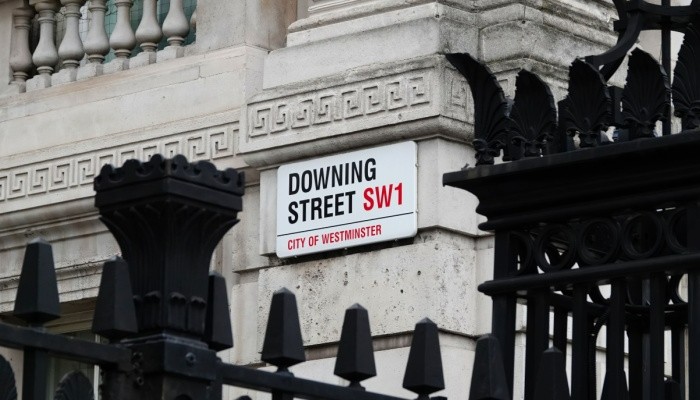In a bold move that took everyone by surprise, including members of his own party, Prime Minister Rishi Sunak announced on 22nd May that the next UK general election will take place in several weeks – on 4th July 2024.
Earlier in the year, Sunak said that he was working with the assumption that the election would be held ‘in the second half of the year’. While most people expected a winter election, the July date technically meets that description.
So, what happens next, and what does this mean for UK tax policies?
UK 2024 election timeline
In the lead-up to the dissolution of parliament, there will likely be a week where the government rushes to try to pass outstanding legislation. Though they may be thin, manifesto documents will probably appear by the second week of June.
The ‘wash up’ period of 23rd–24th May will see 16 bills either dropped or pushed through by consensus, including the Finance Bill from the March Budget.
Parliament will be dissolved on 30th May as the parties gear up for an election campaign cycle lasting around 25 days. Party manifestos are expected to be published between 5th–16th June, with voting taking place on 4th July.
What we know about new tax policies
There is limited knowledge on the planned tax policies of the main parties. While the Conservatives have voiced the long-term aspiration of abolishing individual National Insurance Contributions, the cost would be over £40 billion.
Labour plans to charge VAT on private education fees, adjust tax on carried interest for investment managers, and extend tax on non-domiciled individuals beyond Jeremy Hunt’s proposals from March – each of which raises minor revenue.
Shadow Chancellor Rachel Reeves has effectively agreed to Hunt’s spending plans from the Spring Budget, but these plans are not considered credible by experts.
The Office for Budget Responsibility chairman referred to them as being ‘worse than fiction’, while the International Monetary Fund identified a £30 million ‘black hole’ in the Chancellor’s plans that would require tax rises or spending cuts to fill.
When will we know more about tax changes?
Based on elections of years past, we can expect to find out more about the incoming government’s spending and tax intentions within a few months of the election.
We could see a new budget from the new government in early September, with the current Shadow Chancellor already saying they want to hold a single annual budget in autumn rather than presenting budgets in both autumn and spring.
In any case, the new Chancellor must deliver a Spending Review covering the next 3 years from April 2025, which they cannot defer beyond November 2024.
This autumn will bring several costly expenses for the government, including compensation for the blood contamination and Post Office scandals, and potentially funds for bailing out local councils and failing water companies.
As the next Economic and Fiscal Outlook from the Office for Budget Responsibility is due in autumn, this will likely be a challenge for the new Chancellor.
Need tax advice for 2024–2025?
Here at gbac, our accountants in Barnsley stay on top of the latest UK tax policy developments to make sure we provide the most appropriate and beneficial financial advice and services for our valued clients.
As tax treatment will vary, depending on individual circumstances and government policies that are subject to change, it’s important to get up-to-date professional guidance to ensure efficient tax planning.
To learn more about how gbac can help you account for future tax changes in your spending, bookkeeping, or saving, contact us by calling 01226 298 298, or send an email to info@gbac.co.uk
and we’ll be in touch soon.
